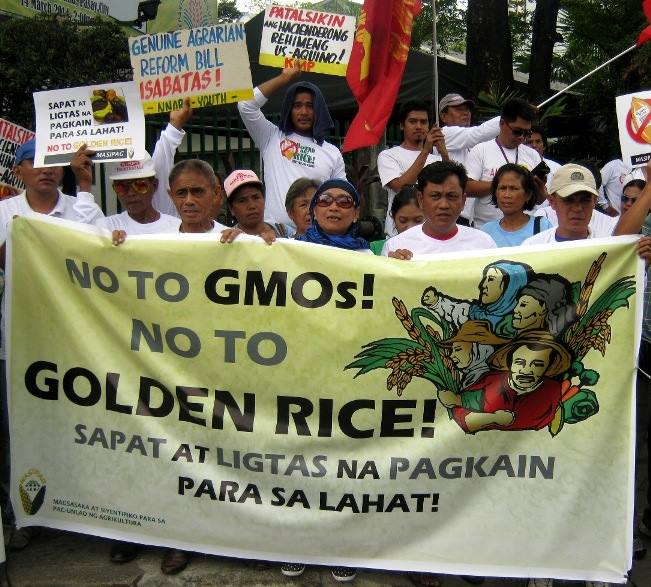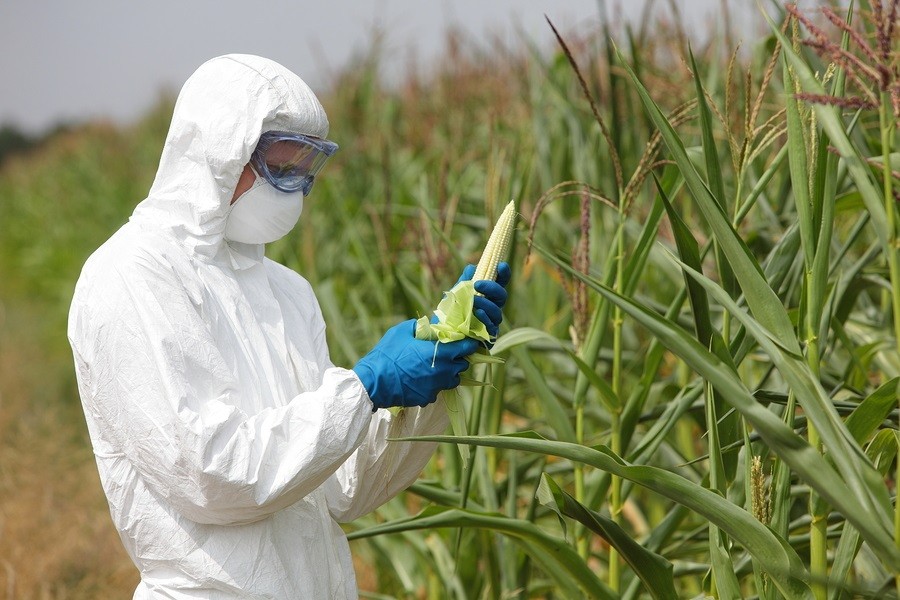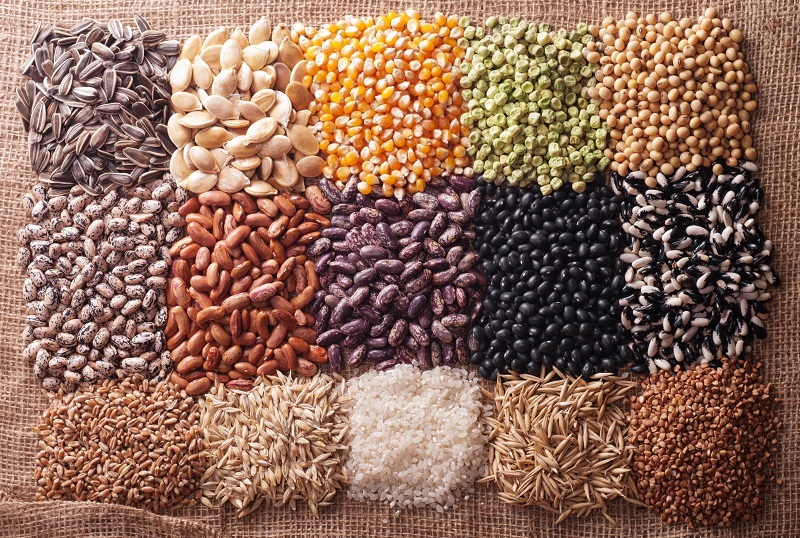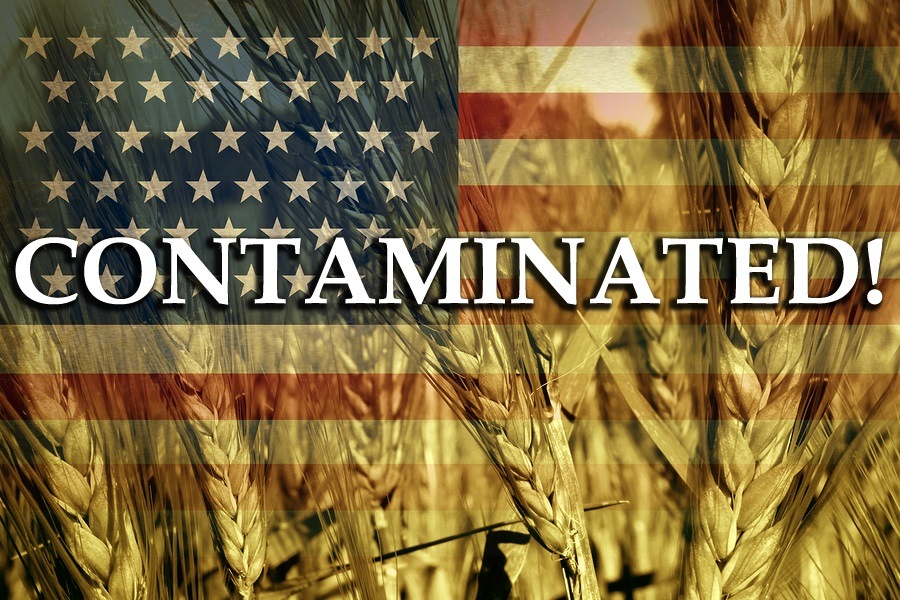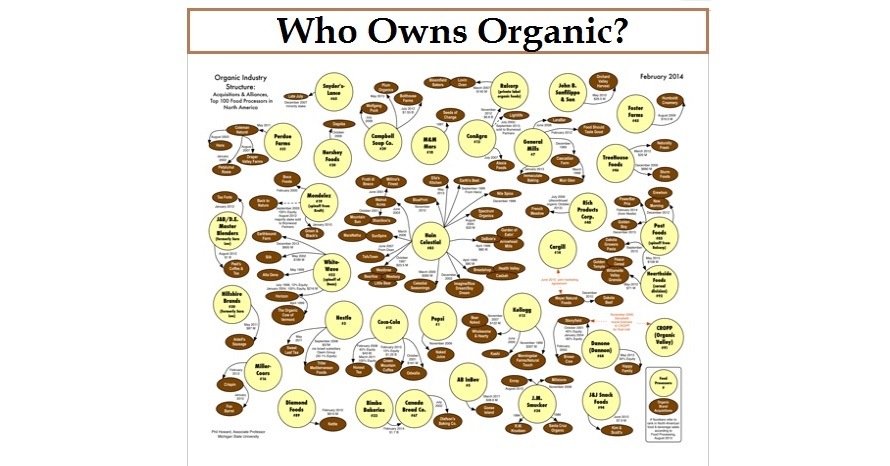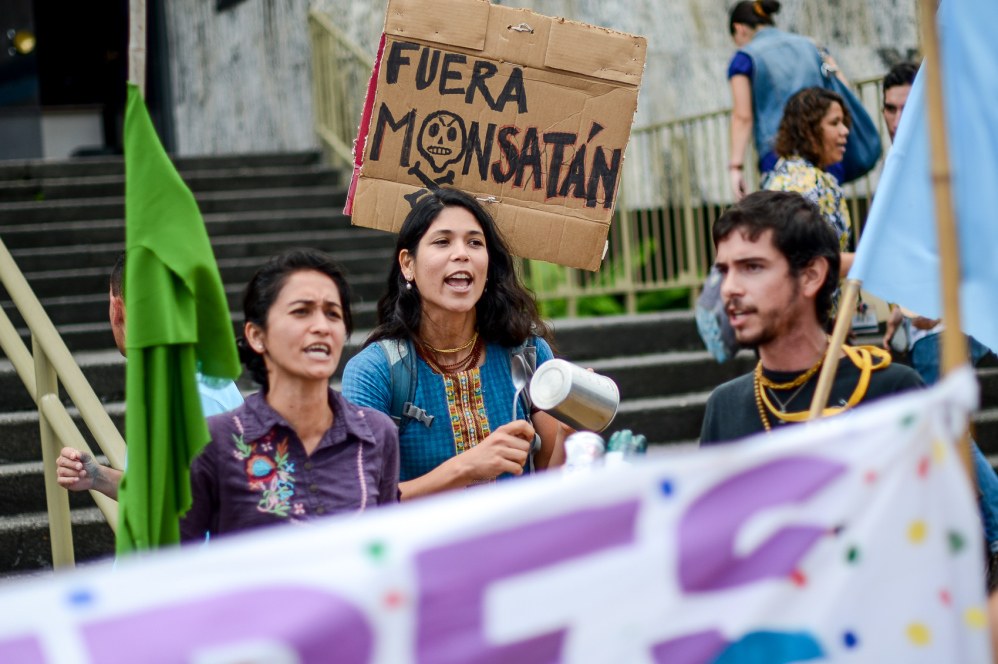Seeds represent the foundation of life. We depend on them for food, for medicine and for our very survival. In many ways, you can trace the underpinnings of any given culture through the heritage of their crops and seeds.
It wasn’t long ago when seeds were mostly the concern of farmers who, as the Worldwatch Institute put it, “were the seed producers and the guardians of societies’ crop heritage."
But this is no longer the case. Once considered to be the property of all, like water or even air, seeds have become largely privatized, such that only a handful of companies now control the global food supply. Ninety-three percent of seeds were lost from 1903 to 1993.
Just four agrichemical companies own 43 percent of the world’s commercial seed supply. The Millennium Seed Bank Partnership estimates that 60,000 to 100,000 plant species are in danger of extinction.




